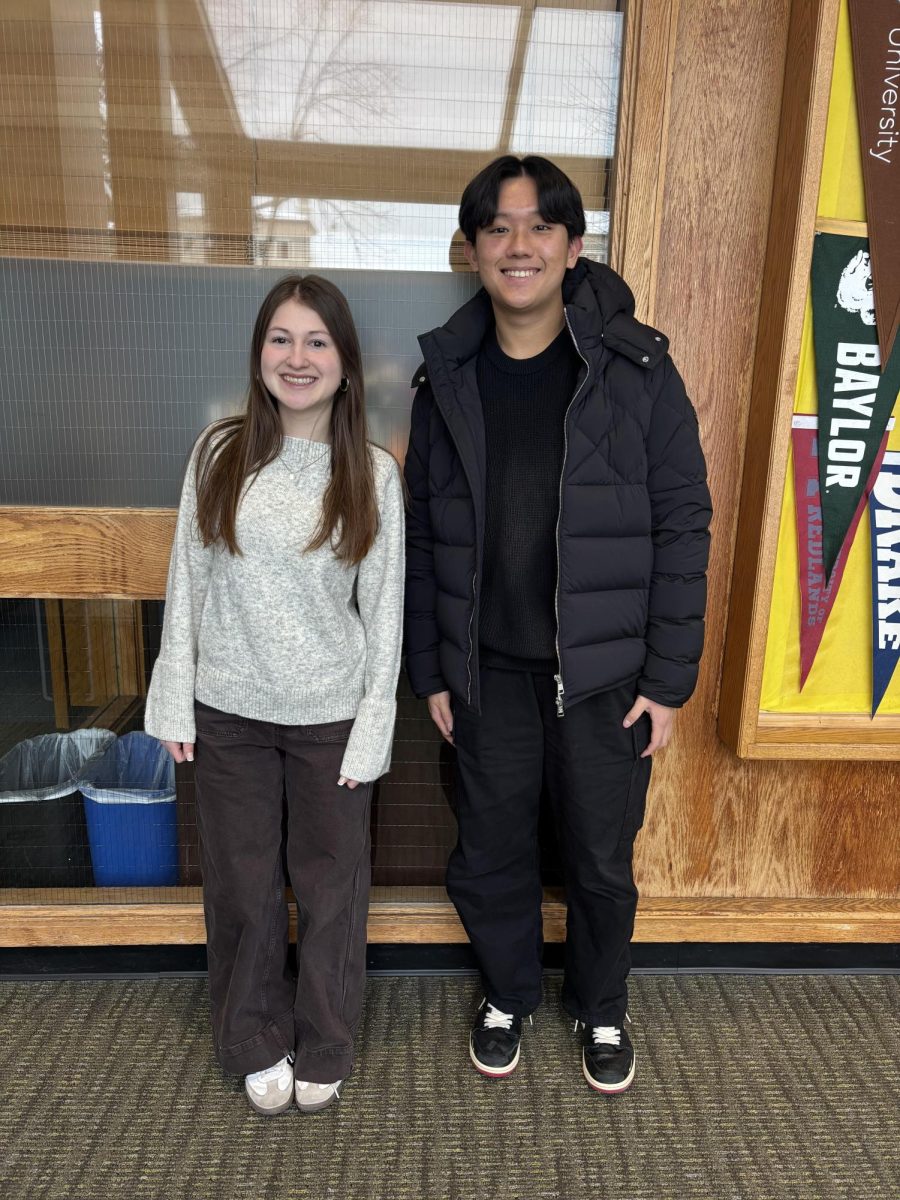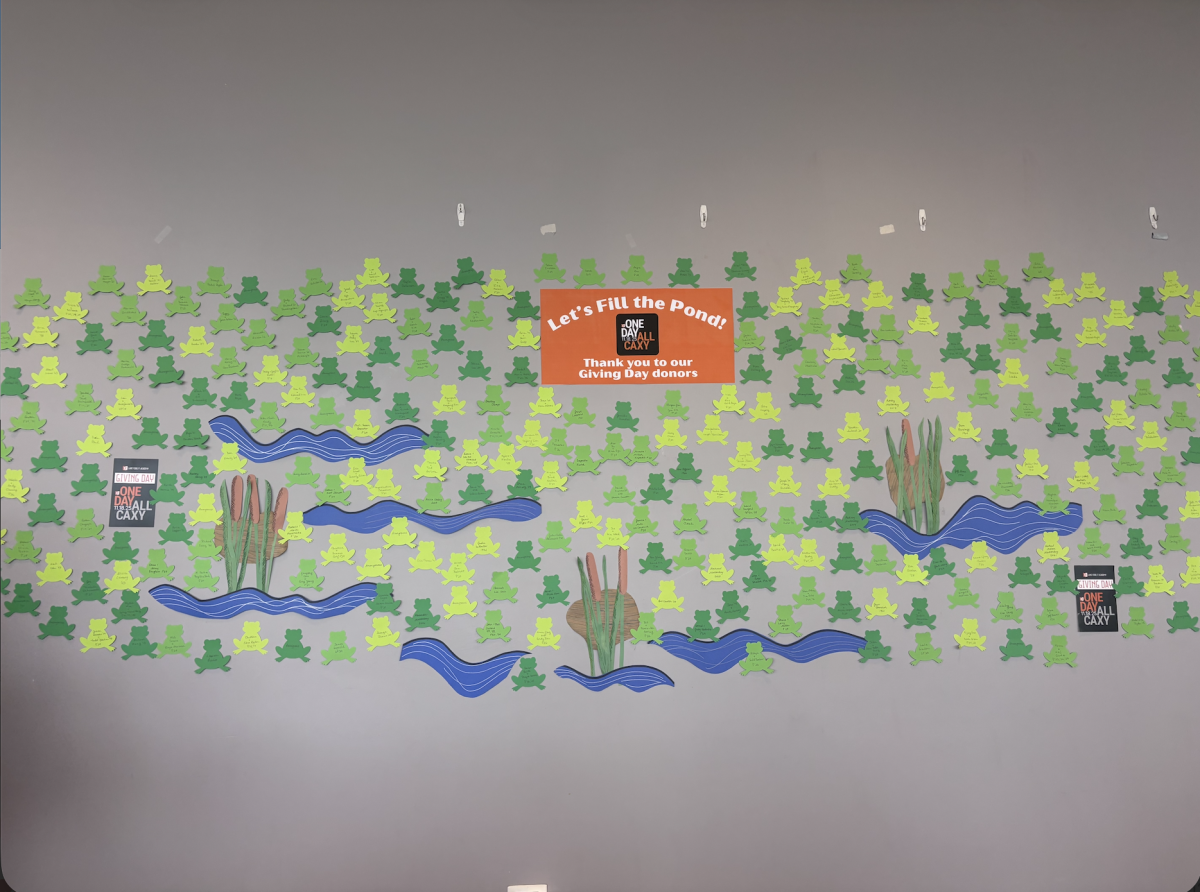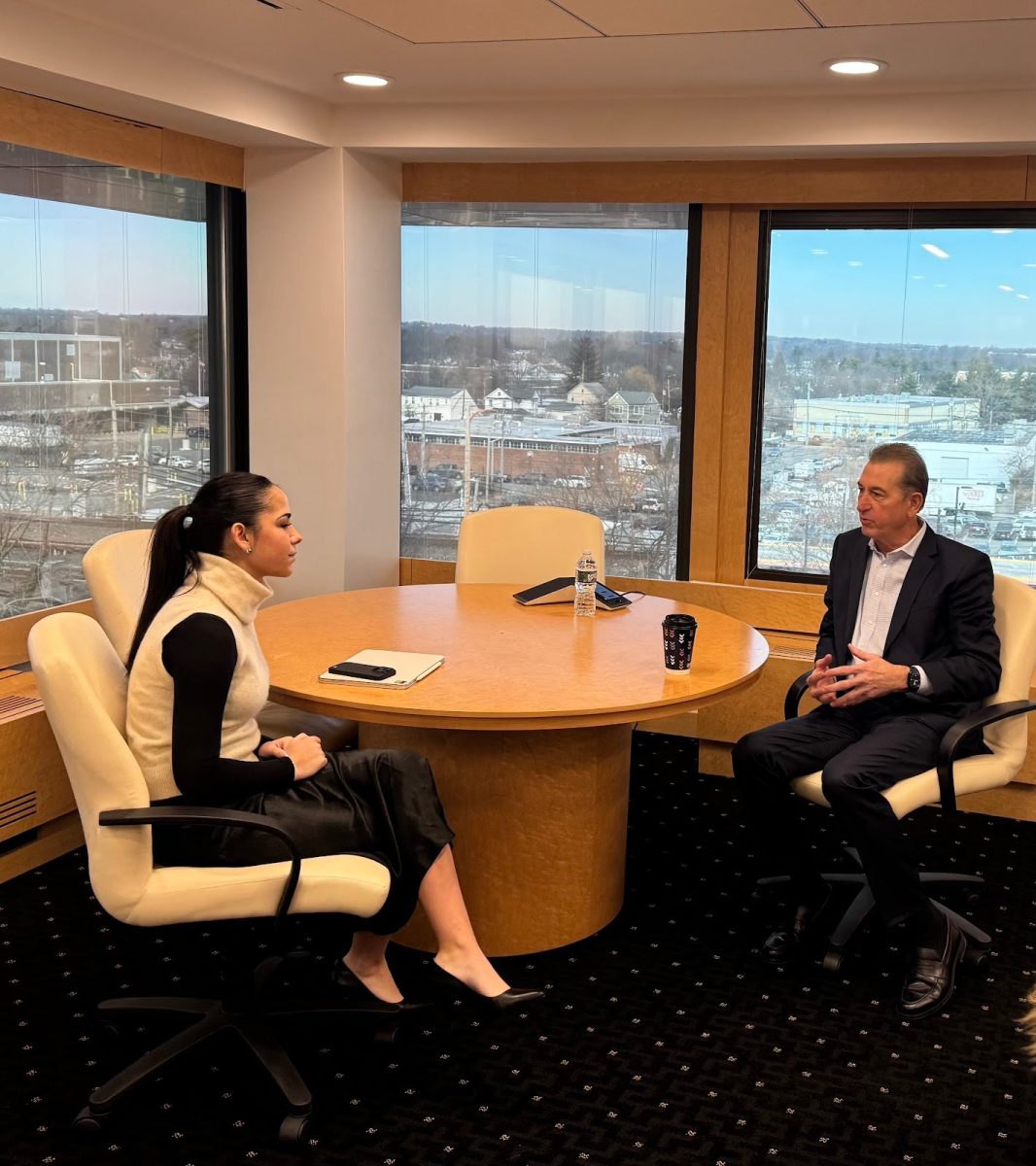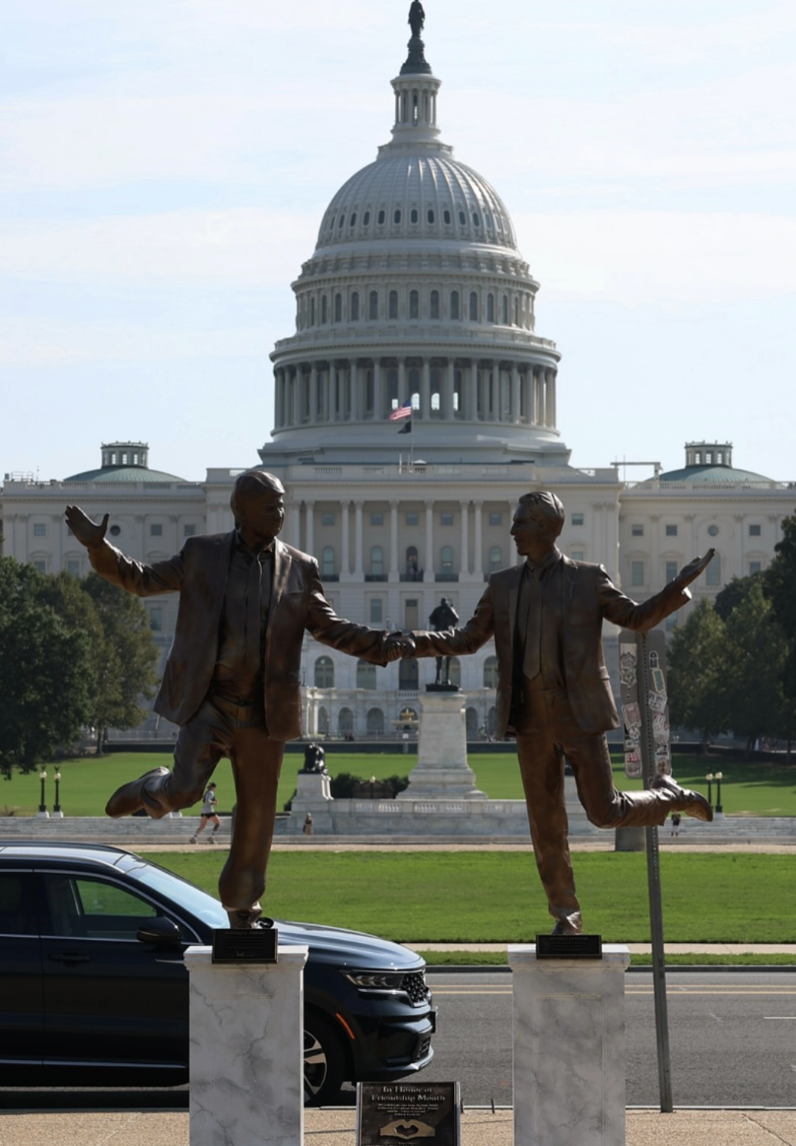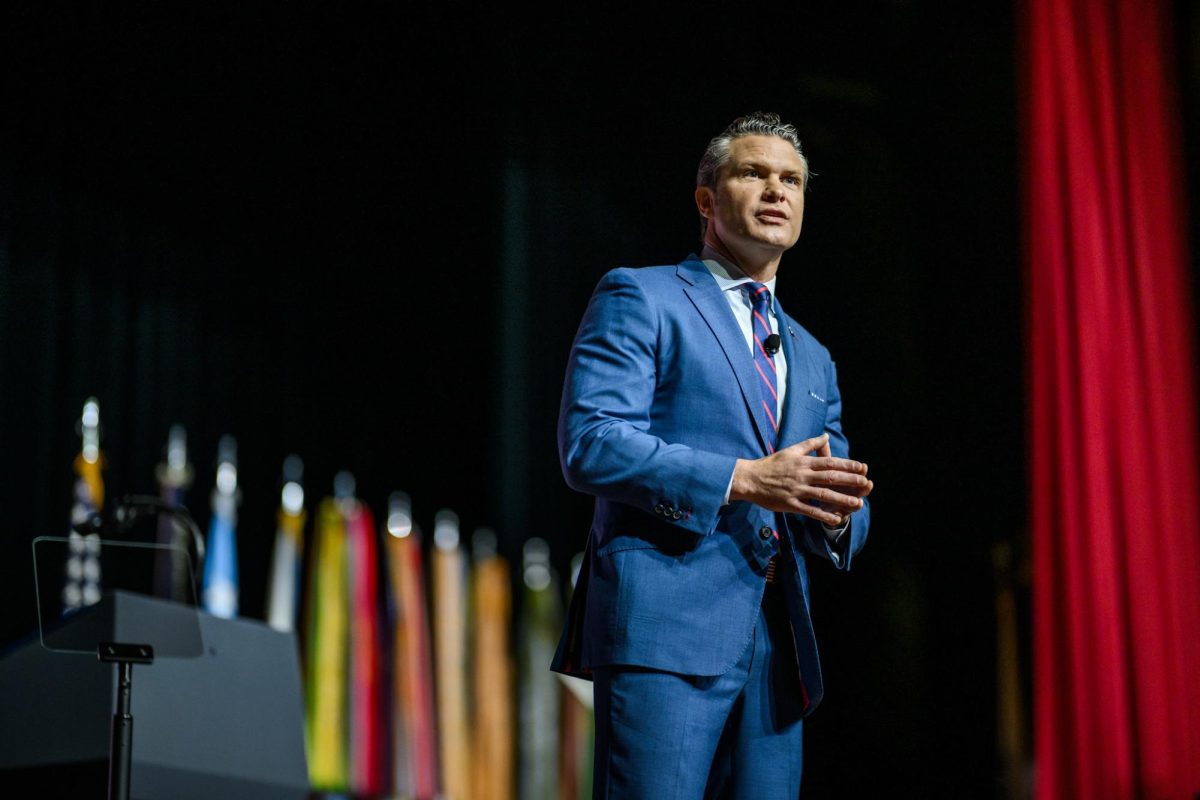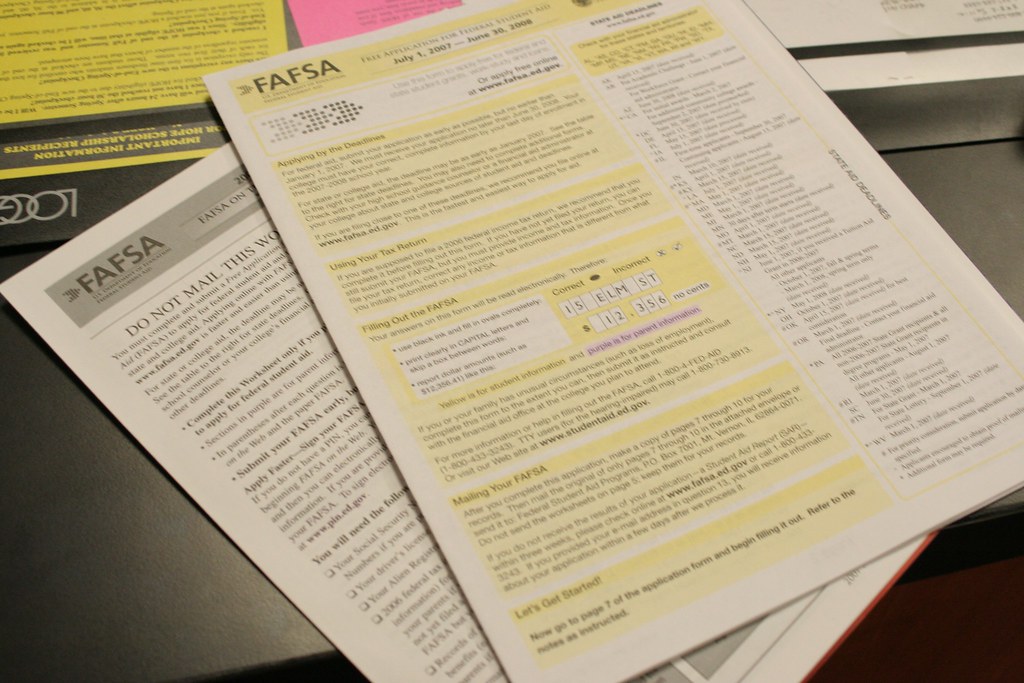The Free Application for Federal Student Aid (FAFSA) is a gateway for financial aid for students applying to college. However this year, the process has been anything but easy as various delays and snags have caused uncertainty in the college admissions process.
The 2023-24 academic year saw FAFSA revised, intended to simplify this part of the college process. While these changes aimed to be easier for the students, unforeseen circumstances occurred. Dean of College Counseling Andrew Poska shed light on these circumstances by saying, “They wanted it [FAFSA] to be more streamlined, more user friendly and for a wider segment of the population… But this year it had the opposite effect.”
These delays have created a ripple effect in college admissions: Students are facing uncertainties regarding financial aid, which may in turn affect their college admissions decisions. Poska emphasized the importance of communication during this time saying, “I think the best thing is to communicate with the financial aid offices at the institutions where you’re applying. Checking your application portal and reading all emails from schools. Paying attention to the little things.”
Understanding the reasoning behind these changes and why these delays are happening is just as important as navigating the challenges that are being presented during this process. Ben Wetherbee, the Associate Dean of College Counseling, stated that he thinks FAFSA was changed to, “expand the amount of grant aid that they’re giving.”
The FAFSA application has been under scrutiny since the delays have occurred but the positive impacts it will have may be way more substantial. The purpose of the new application was to make it easier for people to complete it. The number of questions has decreased from over 100 to less than 50.
Although FAFSA is delayed, students can still complete the CSS profile, which is another college board document to help with financial aid. The CSS profile asks similar questions to FAFSA but adds more depth to it. Poska said, “Most of these selective schools just package students based off of the CSS Profile.” Amidst these delays, colleges continue to do all they can to help students with financial aid and proceed with higher education.
While challenges remain, having communication, utilizing resources, and patience during this time of waiting will go a long way as students navigate through this year’s FAFSA delays. With collective efforts, college admissions along with college counselors at LFA will always be accessible to make sure that financial hurdles don’t stand in the way of the dream of higher education.



